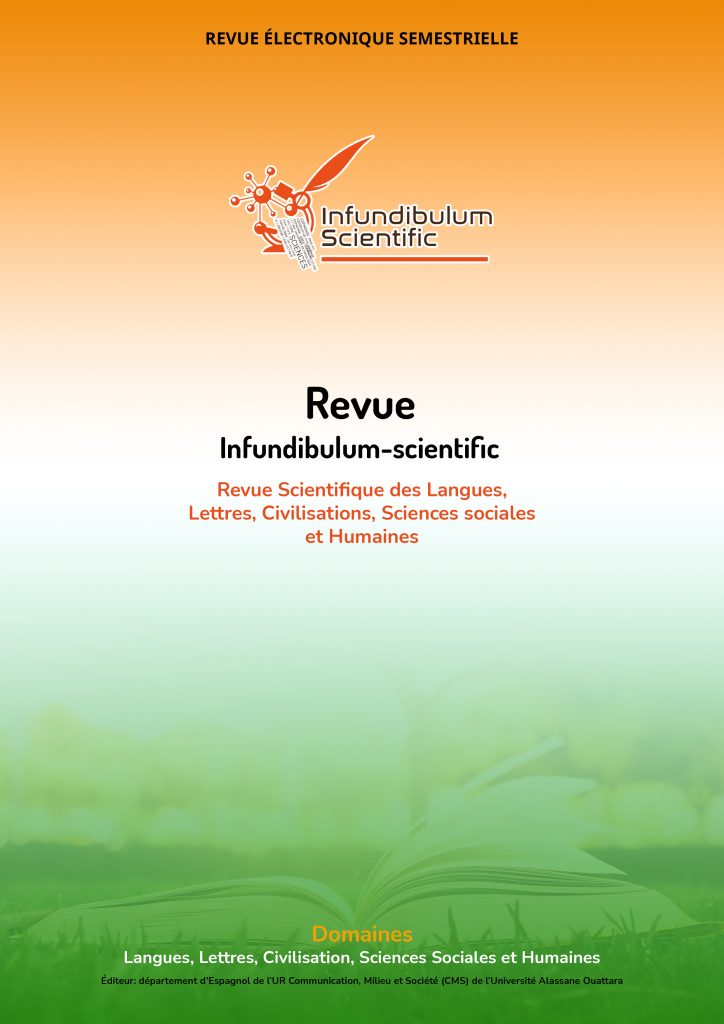INSÉCURITÉ AU CENTRE DU MALI : LA PÉRENNITÉ DE L’ÉCOLE EN JEU
Résumé
L’école est un lieu de transmission du savoir. Son cadre et son contexte déterminent la réussite ou non de la mission qui lui est assignée. Depuis 2014, le centre du Mali fait face à une insécurité grandissante engendrée par l’intrusion des groupes armés terroristes ou islamistes dans les communautés. L’école, en tant que symbole de l’État, est l’objet de menace, d’attaques voire de fermeture par ces groupes. La fermeture effrénée des écoles et le déplacement massif de ses acteurs ébranlent le fonctionnement normal de l’école au centre du pays. Dans une approche qualitative, nous avons mené une démarche participative auprès des acteurs de l’école qui font face à de rudes épreuves dans l’offre quotidienne des services éducatifs dans les localités de Bandiagara, Konna, Macina et Niono. Les entretiens individuels et de groupes ont été réalisés auprès des responsables de scolaires, administratifs et communaux afin de mieux appréhender l’effet de l’insécurité sur le fonctionnement de l’école dans le centre du pays.
Abstract
The school is a place for the transmission of knowledge. Its setting and context determine the success or failure of the mission assigned to it. Since 2014, central Mali has been facing growing insecurity caused by the intrusion of armed terrorist or Islamist groups into the communities. The school, as a symbol of the state, is the object of threats, attacks and even closure by these groups. The unrestrained closure of schools and the massive displacement of its actors undermine the normal functioning of schools in the centre of the country. In a qualitative approach, we carried out a participatory approach with school actors who are facing severe hardship in the daily provision of educational services in the localities of Bandiagara, Konna, Macina and Niono. Individual and group interviews were conducted with school, administrative and communal officials in order to better understand the effect of insecurity on the functioning of schools in the centre of the country.

